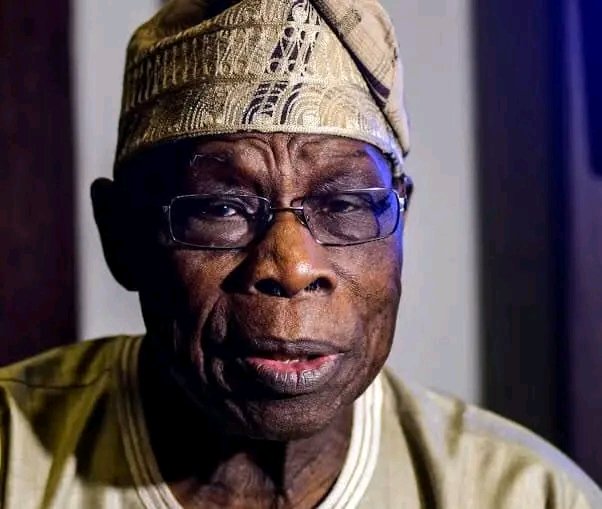Former President Olusegun Obasanjo has sharply criticized the current state of governance in Nigeria, accusing many of the nation's leaders of using public office as a means to enrich themselves and their cronies, leaving the country in a state of underdevelopment and poverty.
In his new book, ‘Nigeria: Past and Future,’ which was launched to mark his 88th birthday, Obasanjo described many political leaders, including governors, ministers, and commissioners, as "ill-prepared," "satanic," and "self-centred." He claimed that these individuals were focused solely on personal gain rather than the welfare of the country. According to Obasanjo, such leaders often use their public offices to further their financial interests, leaving the nation worse off than they found it.
He gave an example of a governor whose business had owed billions of naira to the banks before assuming office, only to have his debts paid off within two years of his governorship, despite no business activity to explain the source of the funds. He further alleged that these leaders continued to plunder state resources in their second terms, leaving only a "pittance" for staff and associates to prevent whistleblowing.
Obasanjo also criticized the current federal government’s spending priorities, notably the N15.6 trillion Lagos-Calabar Coastal Highway project, which he labeled wasteful and corrupt. He questioned the award of the contract to Gilbert Chagoury’s Hitech Construction Company, a long-time associate of President Bola Tinubu, without competitive bidding.
The former President also slammed the spending of N21 billion on a new official residence for Vice President Kashim Shettima, calling it a "misplaced priority" at a time when the country faces economic hardship.
In his book, Obasanjo stressed the need for Nigeria to reevaluate its adoption of Western liberal democracy, which he believes has not been successful in addressing the country's needs. He proposed a more fitting political system that reflects African culture and history, suggesting the term “Afrodemocracy” to describe this new approach. He argued that this system would take African peculiarities into account and avoid the shortcomings of Western democratic practices.
Obasanjo concluded by calling for an introspection on Nigeria’s political structure and a move toward a system of governance more suited to the realities of the African continent.




